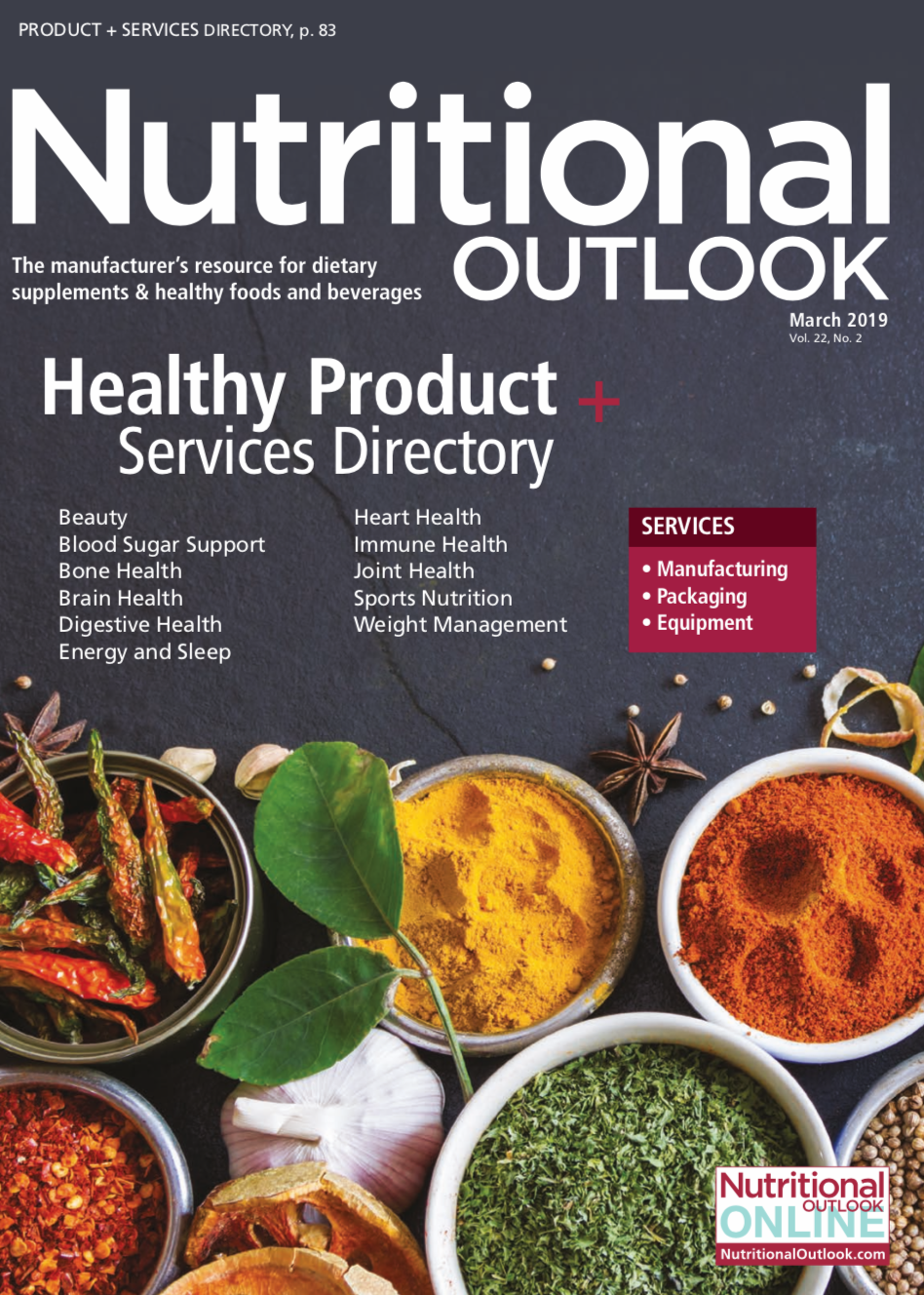Contract manufacturers face growing demands for customization and complex products. How do they also keep business streamlined?
Somehow, today’s manufacturers, experts in their field, are making it all work, playing an integral role in helping companies get to market faster with competitive, differentiated, high-quality products.
Photo © AdobeStock.com/OscarStock

Imagine being a contract manufacturer in today’s dietary supplement/functional food industry and being asked to deliver all of the following, all while holding down costs and hitting shorter lead times: more customized and complex ingredient formulations and delivery systems, enhanced certifications and product testing, and increased quality, traceability, and transparency-the list goes on. Somehow, today’s manufacturers, experts in their field, are making it all work, playing an integral role in helping companies get to market faster with competitive, differentiated, high-quality products. We asked two manufacturers about the secrets to the trade.
As dietary supplement marketers and end users grow increasingly sophisticated, “cookie-cutter” products no longer cut it in this competitive market. The ability to handle customized, sometimes complicated, requests depends on the manufacturer-and even the most experienced manufacturer will face challenges trying to fulfill specialty requests while still keeping business moving.
“We’re actually known for manufacturing difficult formulas, so for us, our customers have always demanded unique, customized products,” says Eugene Ung, CEO of Best Formulations (City of Industry, CA). “With that said, it is a challenge to balance production efficiency with customized products.” For instance, contract manufacturers maintain cost efficiency by ordering raw materials in bulk and usually must meet a minimum order quantity for each ingredient; however, if a formula comprises a long list of ingredients, a manufacturer will “often be left with a significant amount of excess raw materials, which may or may not be used up before they expire.” Also, a contract manufacturer who provides many dosage forms must also invest in more varied types of testing and equipment to match. And, speaking of equipment, Ung says that contract manufacturers increasingly benefit from selecting equipment designed for easy changeovers.
Marketers should understand that the more complex their formula, the more likely they are to encounter challenges such as: 1) reduced ingredient compatibility (certain substances may not be stable when formulated together), 2) paperwork (for instance, the more ingredient certifications a client demands, the more complex sourcing becomes), and 3) supply chain challenges (when ingredients are rare and hard to find, the project obviously becomes more difficult).
Some manufacturers maintain a stable of already perfected, private-label product formulations that customers can further tweak and customize to their liking. Soft Gel Technologies (Los Angeles) is one of those manufacturers. President and CEO Steve Holtby explains the advantages of this option.
“We can assist companies with new product development from start to finish, although many customers come in with a formulation already in mind,” he says. “Our product list often serves as a springboard for ideas in creating products or line extensions of existing brands. Soft Gel Technologies is unique in that we have several exclusive branded products that can be used in formulas, and customers add synergistic ingredients to make it a custom formula. These branded products usually have scientifically researched ingredients or intellectual property (patent and/or trademark protection) surrounding the ingredients found in the formulas.” Also, he says, many of the products come with ready-to-go educational tools that companies can use in the marketing of their products.
The key to project success is good communication between client and manufacturer, Holtby says. “While many customers discuss product integrity (effective quantities of safe, clinically proven, and ethically obtained ingredients), other factors, such as product price, delivery timelines, and batch sizes, are sometimes more critical,” he points out.
Manufacturing experience-and a healthy dose of self-awareness-is also priceless. “There is no simple way to meet the varied demands of products, delivery formats, etc.,” says Ung. “You have to have a broad range of expertise, either in-house or outsourced, to support these varied requests. Perhaps the most important thing for the contract manufacturer is that they have to understand what they’re good at and what they’re not good at to manage expectations with the customer.”
He adds: “Efficiency and different/challenging products don’t go well together, but it’s our job as a contract manufacturer to figure that out.”

Prinova acquires Aplinova to further increase its footprint in Latin America
April 7th 2025Prinova has recently announced the acquisition of Brazilian ingredients distributor Aplinova, which is a provider of specialty ingredients for a range of market segments that include food, beverage, supplements, and personal care.

























